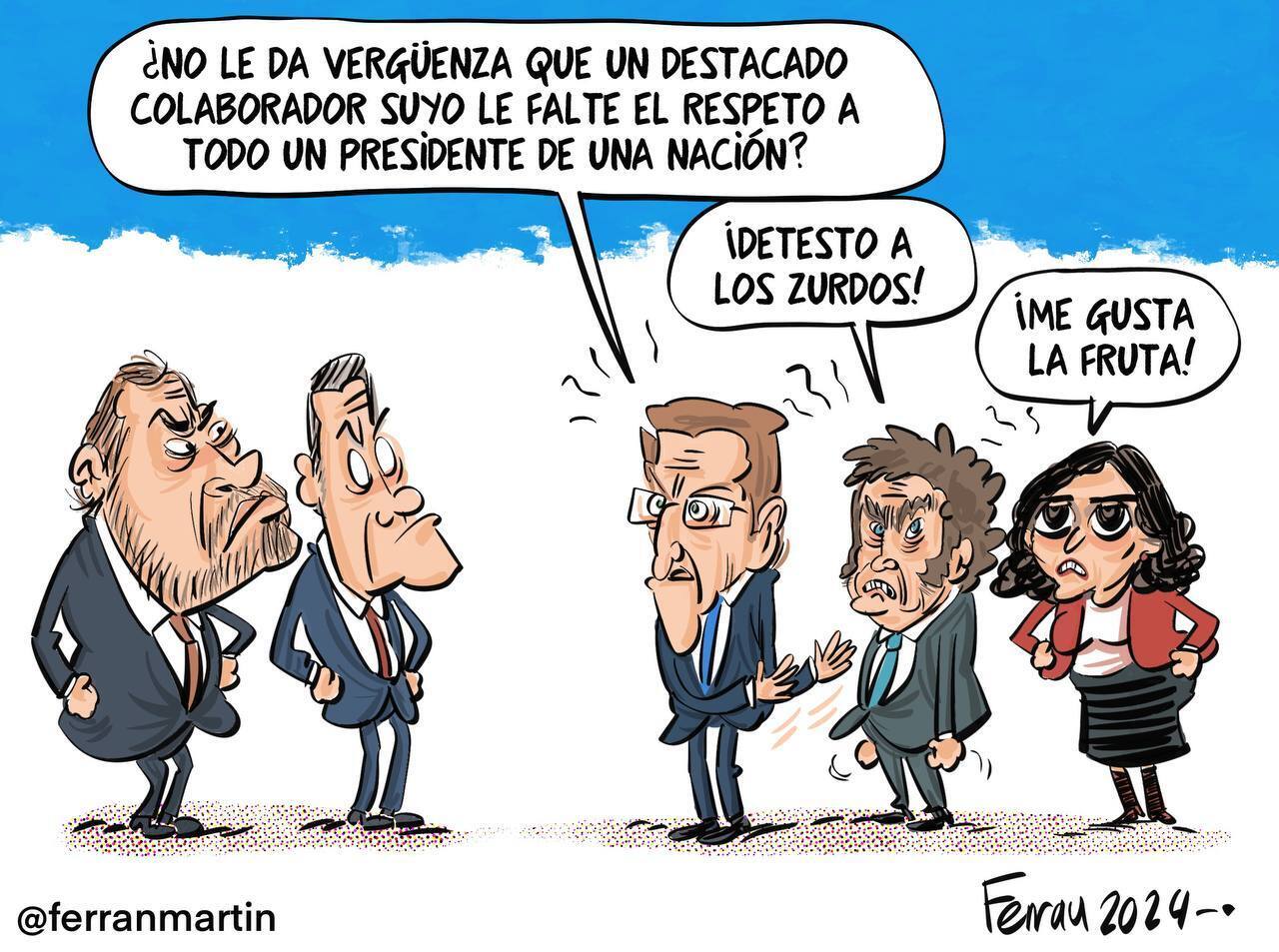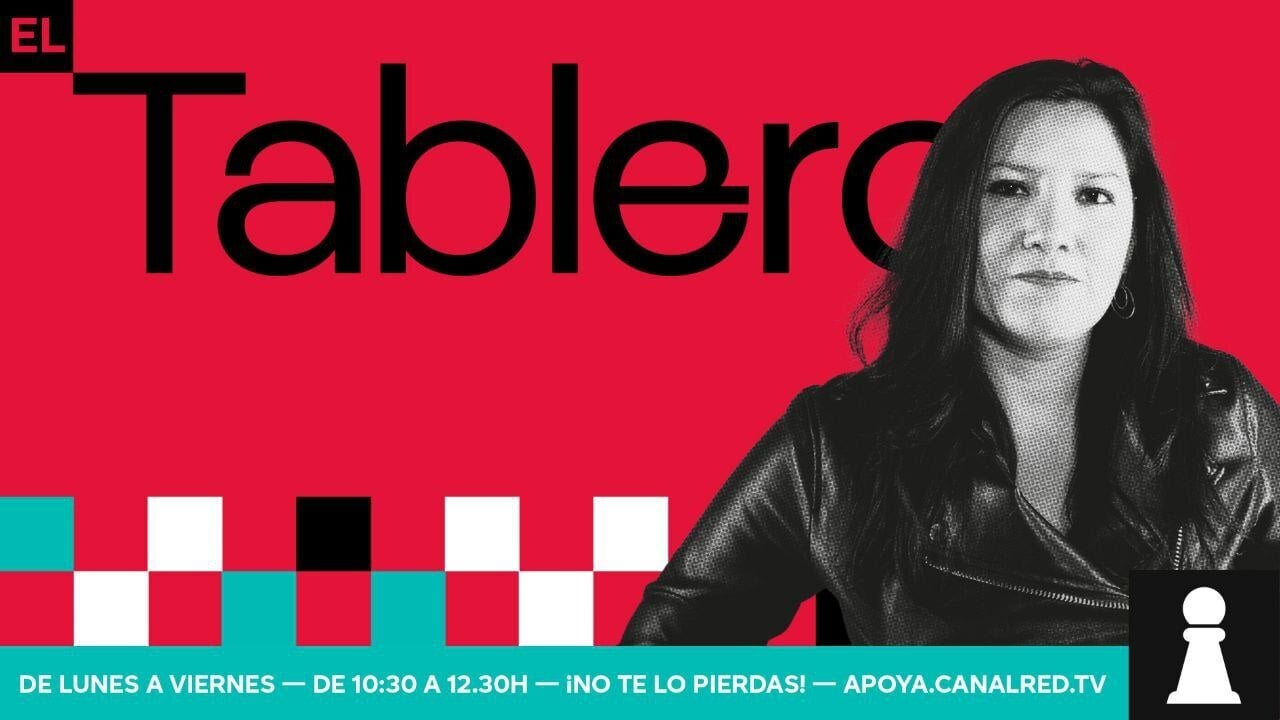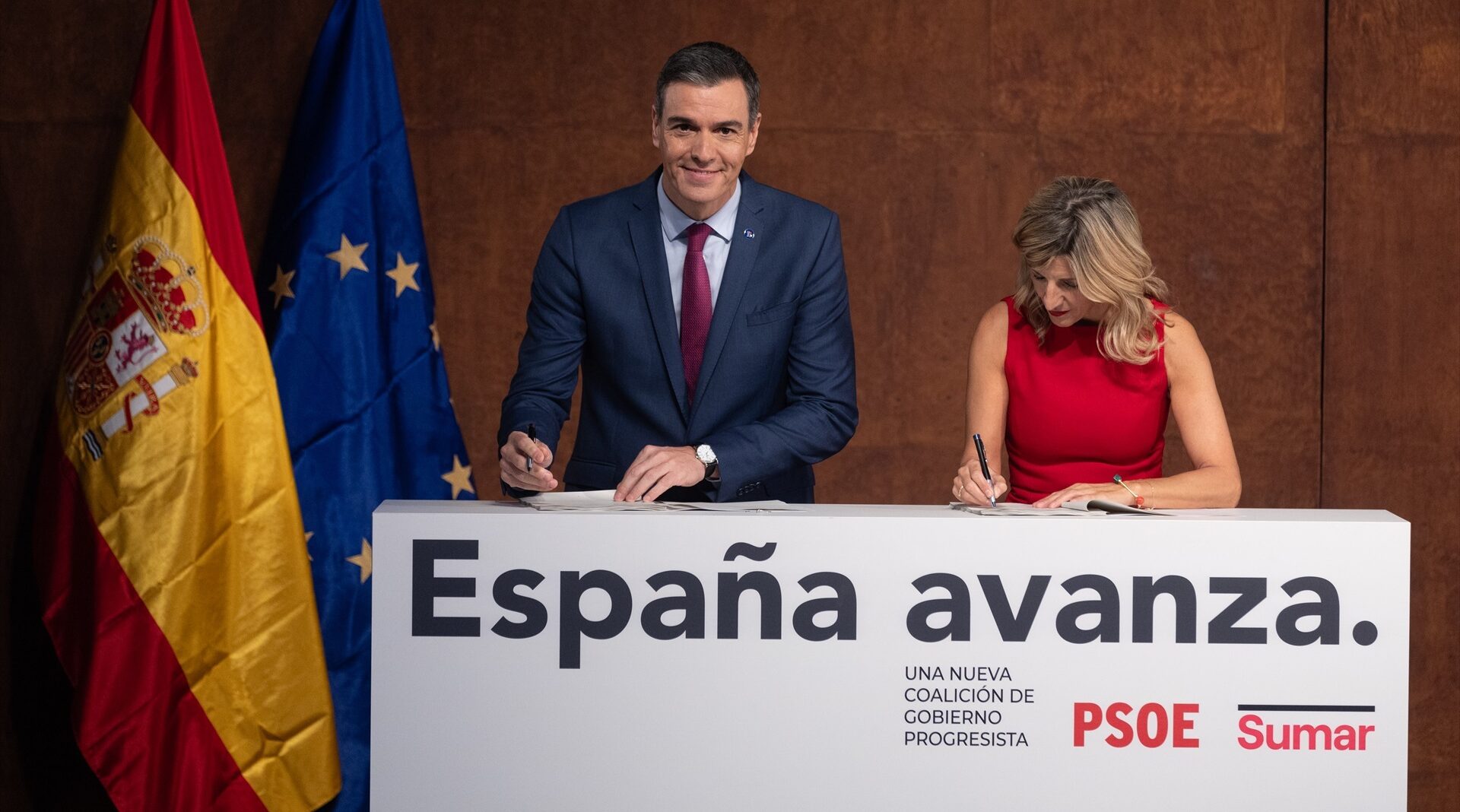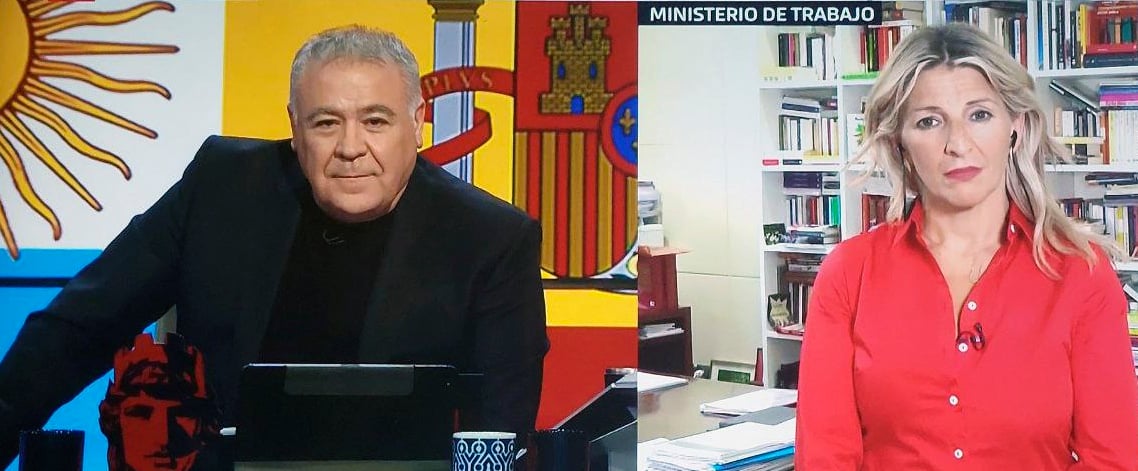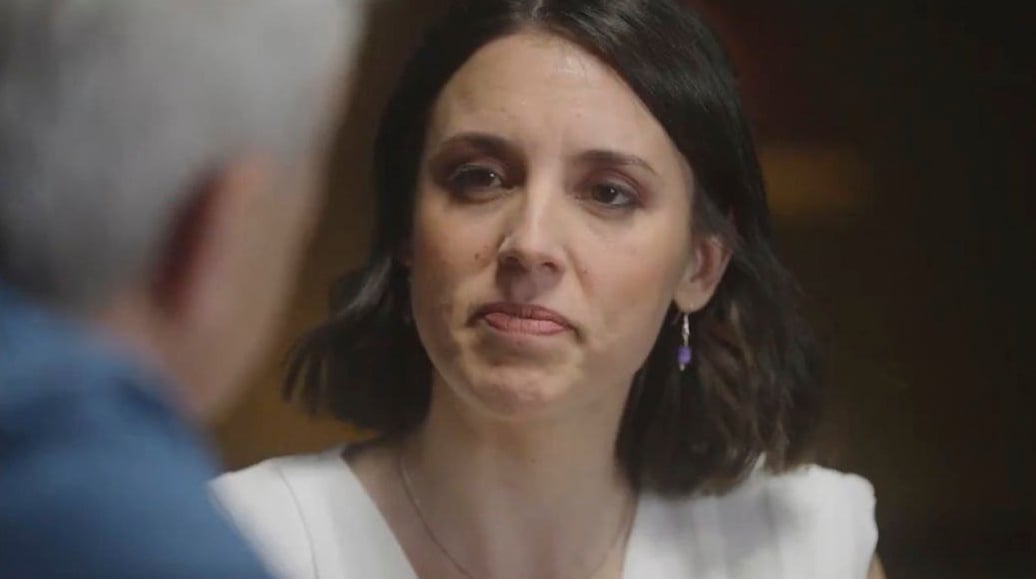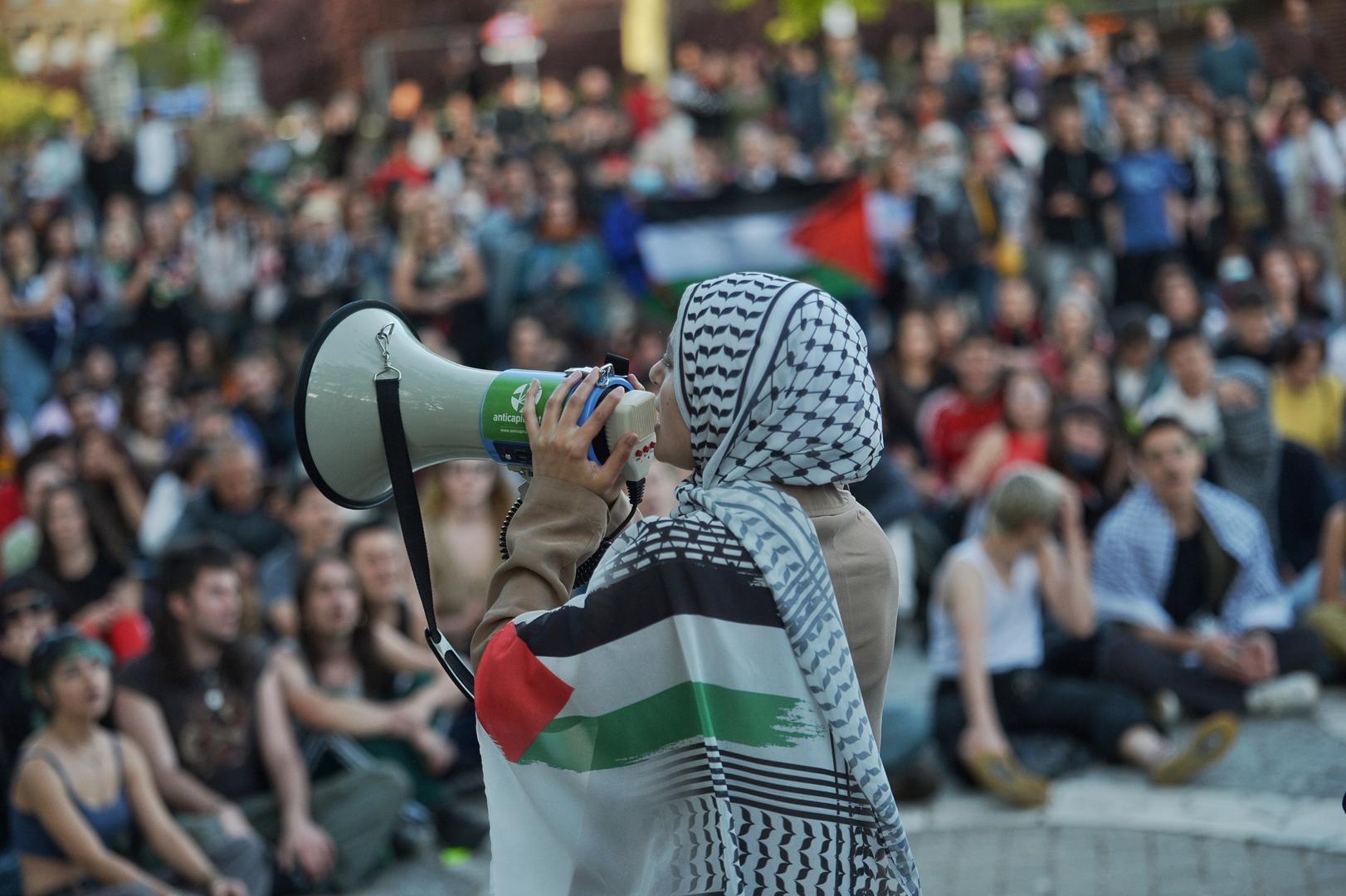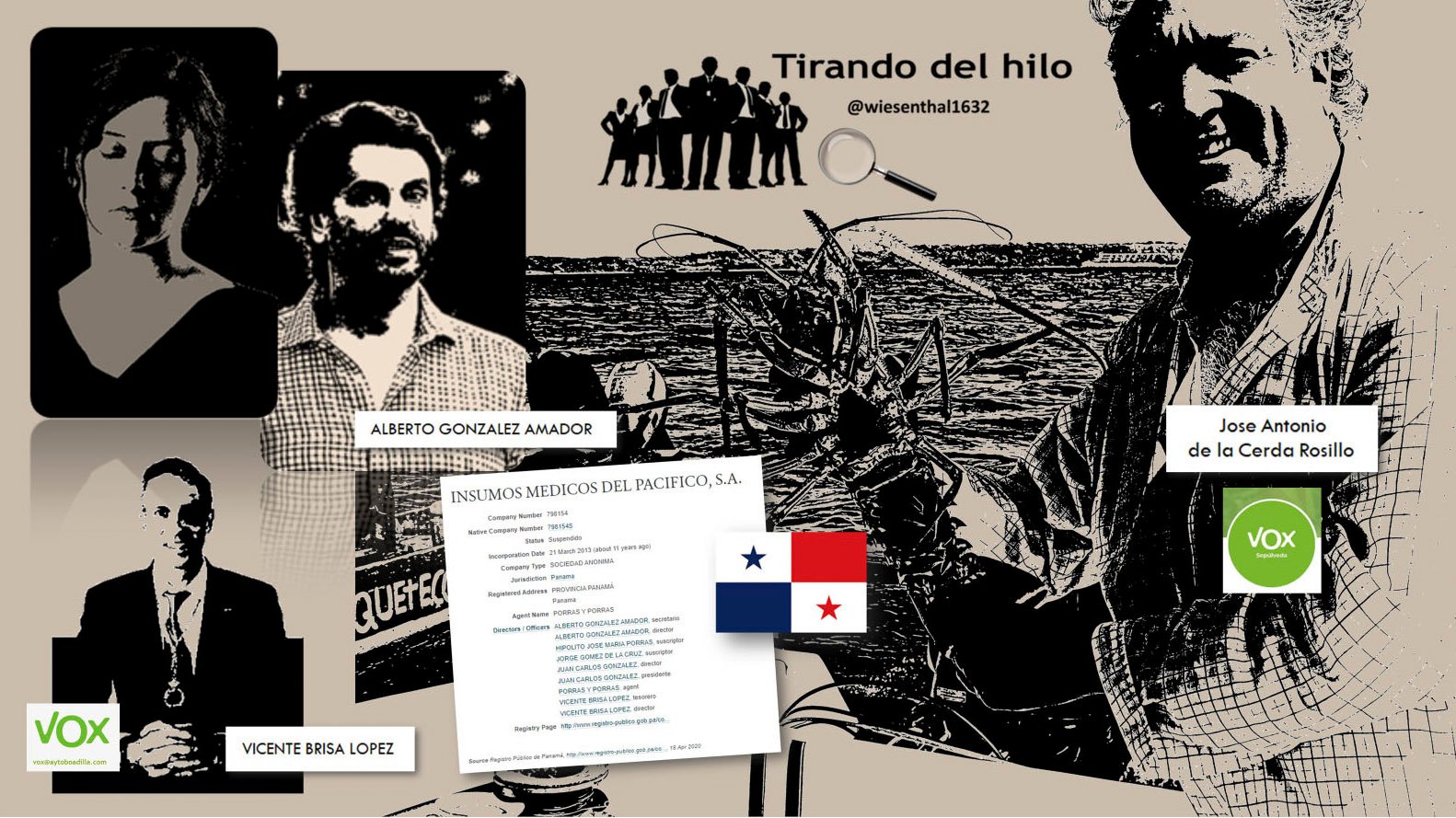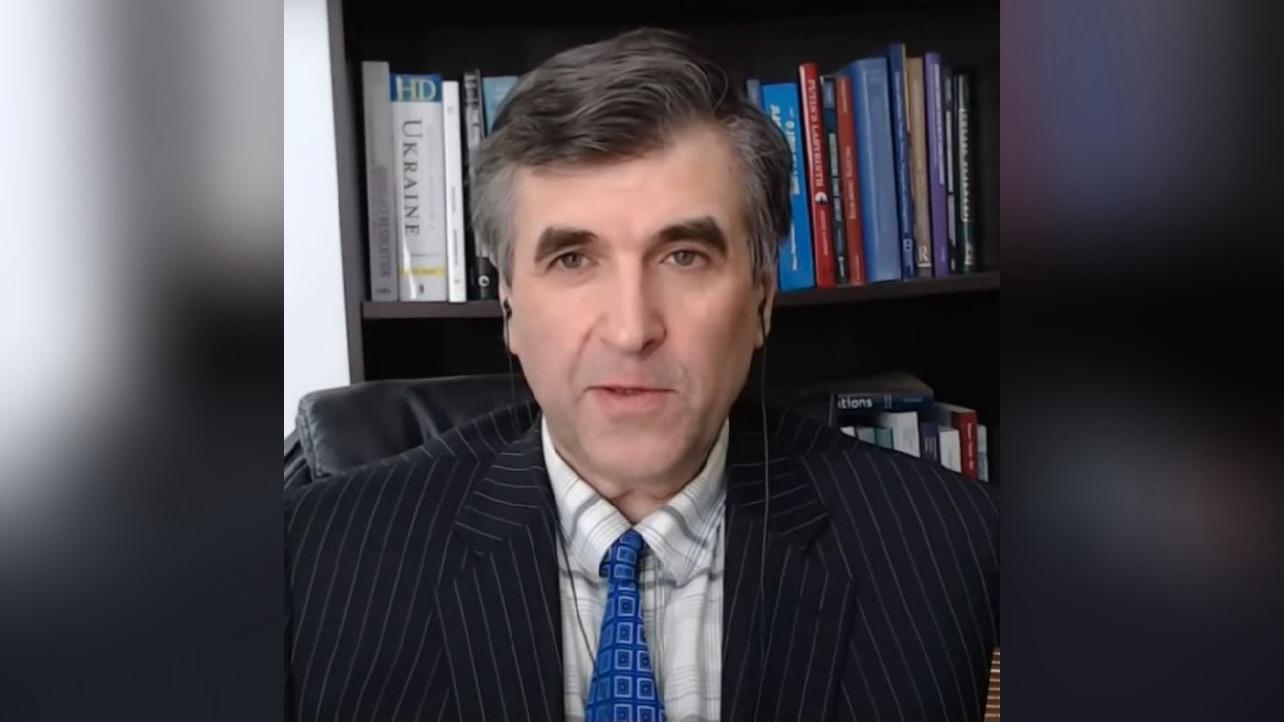
Iván Katchanovski: “The Maidan massacre was a rationally organized false-flag operation”
Two years after the russian invasion of Ukraine and a decade after Maidan, Canal Red interviews Prof. Ivan Katchanovsky, the political scientist who researched the revolts: «The Maidan massacre is a cornerstone of the narrative promoted by Western governments and the mainstream media about the war in Ukraine»
What if a war that has now lasted almost ten years, taken thousands of lives and involved the rearmament of old Europe is, in fact, based on a lie? The two years since the Russian invasion of Ukraine on February 24th is not the only anniversary marking the conflict. The 20th of this month also commemorated the tenth anniversary of the murder of the «Heavenly Hundred», the 107 people who were shot dead by government snipers in the first months of the protests in Kiev’s Maidan Square during what is known in Europe as the «revolution of dignity». One day after the so-called Black Thursday —the most violent day of the unrest— on February 21st, President Yanukovych, accused of being behind the attacks on unarmed protesters, fled to Moscow. Shortly afterwards, he was impeached and implicated in a criminal case, and has never returned since then.
Accusations of Yanukovich’s crimes against civilians demonstrating for democratic freedoms in the centre of the Ukrainian capital were the justification for an interim government to be installed i the country with the enthusiastic sponsorship of the European Union and the United States. The country’s eastern provinces —the so-called Donbass— went into rebellion and proclaimed their independence. In March of that year, Putin annexed Crimea and in response, a month later, Kiev launched the ATO, the anti-terrorist operation against the territories of Donetsk and Lugansk that would turn into a long war with fourteen thousand dead.
Ivan Katchanovski knows a great, great deal about this episode – that black Thursday that would change the course of Ukraine, and a decade later, of Europe itself. The Ukrainian political scientist, born in Lutsk, in the west of the country, is currently a professor and researcher at the University of Ottawa (Canada) after having studied at Harvard, Toronto and New York universities. But Kachanovski is not only an expert on the conflict and the political history of his country; his research on those days in 2014 has in fact turned the official narrative of the war on its head and could change the course of events. But that is, of course, if they let him tell it.
Proffessor Katchanovski: none of the most relevant media outlets in Spain have published the results of your investigation about the Maidan Massacre, despite the relevance it has for understanding what has happened in Ukraine in the last decade.
My recently published open Access peer-reviewed journal article, entitled “The “snipers’ massacre” on the Maidan in Ukraine,” summarizes the findings of my studies as follows: “Synchronized videos, testimonies by several hundred witnesses, confessions by 14 self-admitted members of Maidan sniper groups, and bullet hole locations show that both the police and protesters were massacred by Maidan snipers located in Maidan-controlled buildings and areas. Content analysis of synchronized videos revealed that the specific time and direction of shooting by special Berkut police company, who were charged with the massacre, did not coincide with the killing of specific protesters. Testimonies by the absolute majority of wounded protesters and some 100 witnesses and forensic examinations by ballistic and medical experts for the Maidan massacre trial and investigation in Ukraine corroborate this. The article shows that the false-flag massacre was rationally organized and carried out with the involvement of oligarchic and far-right elements of the Maidan opposition to overthrow the incumbent government in Ukraine.” The overwhelming evidence that shows this beyond any reasonable doubt is presented in this and two other open access peer-reviewed journal articles ,” their video appendixes, and in my two books that would be published this year by major Western academic presses.
Why do you think that your academic work has being silenced for so long?
The blackout of my academic studies of the Maidan massacre is politically motivated since this massacre is a cornerstone of the narrative which is promoted by the Western governments and the mainstream media concerning contemporary Ukraine and origins of the Ukraine conflicts, including the Russia-Ukraine war. This blackout concerns only the Maidan massacre. My research-based interviews, comments, and publications concerning other conflicts in Ukraine were reported by many major Western media outlets, such as ABC News, Associated Press, Canadian Press, CBC, CTV News, Euronews, France 24, Globe and Mail, Guardian, Le Figaro, Reuters, Sky News Australia, and Washington Post.
The verdict of a Ukrainian court, along with the findings of the Prosecutor General, corroborate what you presented in your research. What kind of impact has this information had in Ukraine? Is this war based on lies?
There is total blackout in the Ukrainian media of the parts of this verdict confirming that snipers in the Maidan-controlled Hotel Ukraina shot many Maidan protesters. Before the Russian invasion of Ukraine, several dozen Ukrainian media outlets interviewed me concerning my Maidan massacre studies or reported their findings. Now, there is total censorship. Moreover, the Ukrainian media and the Prosecutor General Office even propagate the fake news that the verdict disproved that there were any such snipers. Truth is the first casualty of the war, including the ongoing war in Ukraine.
Last Tuesday, on February 20th, the European Commission paid tribute to the “Heavenly Hundred Heroes”, and Ursula Von Der Leyen stated that, “decade later, their values and ideas have prevailed.» As a Ukrainian, do you agree with these statements? What and where are those values and ideas now and who represents them?
My academic study concerning the Maidan massacre in Ukraine and my new Canadian Dimension article concerning the Maidan massacre trial verdict were cited in the Twitter community note about the misrepresentation of this massacre by Ursula Von Der Leyen. As a Ukrainian who always supported democracy, human rights, freedom, the rule of law and the EU membership of Ukraine, I regard her statements are simply Orwellian. The false flag Maidan massacre of the protesters and the police was a major crime and human rights violation and a key element of the undemocratic overthrow of the Ukrainian government. Ukraine as a result of this massacre became and still remains largely undemocratic with major violations of human rights and freedoms and the rule of law.
At what extent Western media’s coverage of the war has had an influence on the development of the conflict? What is your reaction when any critical approach as yours is considered ‘Russian propaganda’?
The Western media coverage of the war has helped to prolong this war and to torpedo a peace deal that was close to being signed in April 2022. Those who label peer-reviewed studies by a Ukrainian and Canadian scholar, who specializes in studying politics and conflicts in Ukraine, “Russian propaganda” even after the absolute majority of wounded Maidan protesters, several hundred witnesses, the Ukrainian court verdict, and the Ukrainian prosecutor general investigation de facto confirmed that at least most of Maidan protesters were shot by snipers in the Maidan-controlled locations, propagate primitive propaganda, fake news, and deliberately whitewash mass murderers and the far-right. The professional duty of scholars is not to parrot any propaganda.
What is your perspective on the debate regarding the extreme right and its influence on Ukraine’s state institutions?
My academic studies show that contrary to the Russian government and media claims, which they use to justify the illegal Russian invasion of Ukraine in February 2022, the Ukrainian government and the Ukrainian military are not Nazi or neo-Nazi. Ukraine’s President Volodymyr Zelensky is not neo-Nazi. Based on my research estimates, neo-Nazis constituted about 1% of the Ukrainian forces during the civil war in Donbas before the Russian invasion in 2022. However, my studies also show that contrary to claims by the Ukrainian and Western governments and media, the Ukrainian far-right has outsize power relative to their numbers and public support in Ukraine. The far-right was involved in the Maidan and Odesa massacres, the start of the civil war in Donbas. The far-right, including neo-Nazi, organizations created and lead military and paramilitary formations, were integrated in the military, police, and the security service of Ukraine, and have attained power to overthrow the government of Ukraine. Zelensky is an opportunistic politician and a weak leader who tolerates and placates the far-right after the far-right leaders publicly threatened him not to fulfill his election promise of peaceful resolution of the conflict in Donbas.
The Guardian published today that barely 10% believe Ukraine can still defeat Russia. It’s not easy to predict, but do you believe that a negotiated peace agreement is imminent? Under what conditions do you think it could occur? Does Ukrainian public opinion support a peace agreement?
Ukraine has no real chance of defeating Russia. The war would most likely end with a peaceful agreement sooner or later. But the West blocked a peace deal, which was close to be signed in April 2022, and the West still uses Ukraine to weaken Russia in a proxy war. The peace agreement would be much more likely if Donald Trump would win the elections and change the US policy, as he promised, or if the US military aid to Ukraine would remain blocked. The longer the war continues the more damaging impact it has on Ukraine and Ukrainians.
Public opinion in Ukraine concerning the peace agreement is difficult to gauge precisely. Public opinion polls during the war are unreliable, many Ukrainians fear to express their opinions against the policies of largely authoritarian and illiberal government, and many other Ukrainians form their opinions concerning the was based on the government propaganda and disinformation propagated by the same “television news marathon” which is broadcast on all remaining TV channels in Ukraine.
I understand it must be difficult for you to see how your country and its citizens have reached this situation. To what extent do you consider Putin’s description of Ukraine as a «civil war» accurate? Is reconciliation possible between the east and west of the country? What future awaits the Donbass?
Putin called the Russia-Ukraine war a “civil war” based on his false claim that Russians and Ukrainians are one people. However, my studies show that this war, in addition to being a war between Russia and Ukraine and a proxy war between NATO or the West and Russia, includes elements of a civil war which started in Donbas in Ukraine in 2014. Large numbers of Ukrainian citizens in separatist Donbas and in the Russian-annexed Crimea fight against the Ukrainian forces since the Russian invasion in February 2022. According to the 2001 census in Ukraine, most of Crimea residents and close to half of Donbas residents were ethnic Russians. Public opinion polls and my studies show that in contrast to other regions of Ukraine, the majorities of Crimea and Donbas residents supported various forms of separatism and annexation of their regions by Russia. It is now virtually impossible to for Ukraine to retake Crimea and Donbas by military force, contrary to the claims of Zelensky, and to have reconciliation of Western Ukraine with these separatist regions after they were annexed by Russia.
You will soon publish a book analysing Putin’s demands, as recently expressed in his interview with the far-right figure Tucker Carlson, regarding the artificiality of the Ukrainian state, the Kiev Rus, or the Soviet Union’s responsibility in the current situation, as well as the reclaiming of Crimea and Donbass as historically Russian territories. Can you give us a preview of this analysis?
In his interview with the prominent US journalist Tucker Carlson, Putin falsely claimed that Kyivan Rus and the Soviet Union were Russian states. His claims that the South and East of Ukraine are historical Russian territories suggest that Putin might try to annex more South and East of Ukraine in addition to Crimea and Donbas and parts of Kherson and Zaporizhzhia regions. My book, which would be published this year by a major Western academic press, shows, based on public opinion polls and other data that, with the exceptions of Crimea and Donbas, the absolute majority of residents in all other regions of Ukraine do not support occupation and annexation of their regions by Russia.
Madrid –



